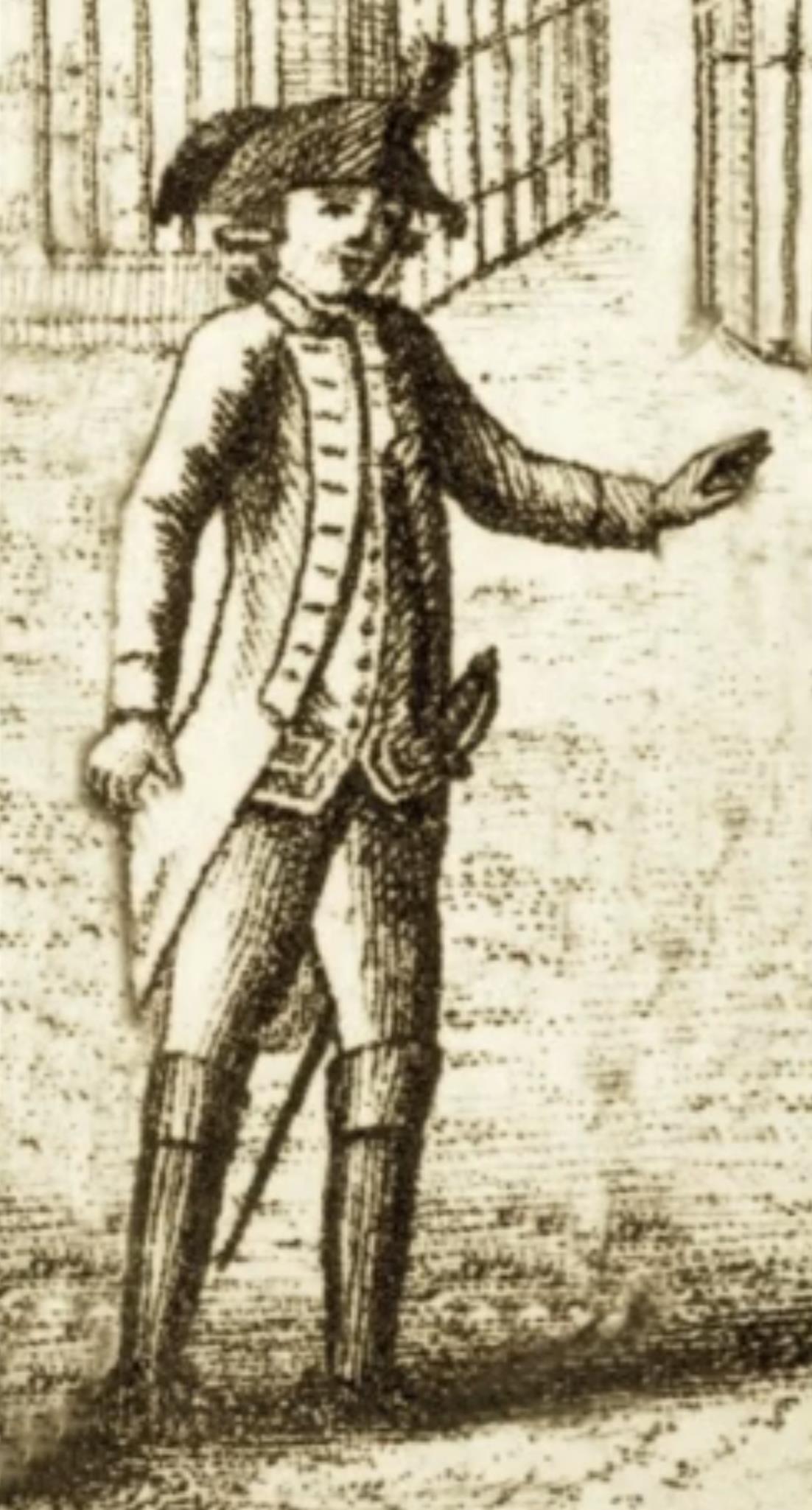
Franz Xaver Gerl
Category : composers | Komp en

Franz Xaver Gerl (30 November 1764 – 9 March 1827) was a bass singer and composer of the classical era. He sang the role of Sarastro in the premiere of Mozart’s opera The Magic Flute.
Gerl was born on 30 November 1764 in Andorf (then Bavaria, since 1780 part of Austria). He sang as a chorister as a child in Salzburg; the New Grove asserts that he was probably the pupil of Leopold Mozart. He attended the University of Salzburg, studying logic and physics. His career as a bass began in 1785 with the theatrical company of Ludwig Schmidt.[1]
He evidently had an impressively low vocal range; Branscombe (1991) observes that the very low notes that Mozart included in the part of Sarastro have been “the despair of many a bass singer since.”[2]
By 1787 he had joined the theatrical company of Emanuel Schikaneder, for which he sang the demanding role of Osmin in Mozart’s opera The Abduction from the Seraglio and other roles. In 1789 the troupe settled at the Theater auf der Wieden in Vienna. Gerl participated in a system of joint composition used by Schikaneder’s troupe, in which Singspiele were produced rapidly by having several composers collaborate. As such, Gerl may have been the composer of the aria “Ein Weib ist das herrlichste Ding”, for which Mozart wrote a set of variations for piano, K. 613 (the composer may instead have been another singer-composer in the troupe, Benedikt Schack).[1]
Mozart gradually came to participate more in the activities of the Schikaneder troupe, culminating in his opera The Magic Flute (1791), with libretto by Schikaneder. Gerl premiered the role of Sarastro, and continued to sing this part in many performances through 1792. He left Schikaneder’s troupe in 1793.[1]
Gerl may have been a participant in a rehearsal of Mozart’s Requiem on the day before the composer died; for details see Benedikt Schack.
Gerl’s later career took him to Brno and Mannheim, where he retired in 1826. He died there on 9 March 1827.
Gerl married the soprano Barbara Reisinger (1770–1806) on 2 September 1789. She also sang in the Schikaneder troupe, and performed the role of Papagena at the Magic Flute premiere. She went with Gerl to Brno and Mannheim, and died there shortly after giving birth to their second child.
Memorial in Andorf.

(Prof. Alfred Orel)
Franz Xaver Gerl, 1764 in Andorf geboren, als Sohn eines Schulmeisters und Organisten, Studium in Salzburg, Bassist und Komponist. Seine Gattin Barbara, geborene Reisinger, gleichfalls Sängerin, zählten zum nahen Freundeskreis Mozarts. Frau Gerl brachte den zögernden Mozart dazu, die Komposition der “Zauberflöte” zu übernehmen. Kein Wunder also, dass Mozart die Gesangspartie des Sarastro der Stimme des erfolgreichen befreundeten Bassisten anpasste. Bei der Erstaufführung der “Zauberflöte” am Theater auf der Wieden in Wien sang Franz Gerl den Sarastro, Barbara Gerl die Papagena. Auch in anderen Opern Mozarts verkörperte Franz Gerl die Hauptpartien Osmin, Don Giovanni, Figaro. Für die bis zum Tode gehaltene Freundschaft spricht der Umstand, dass Gerl am Todeslager Mozarts (4. Dezember 1791) die Basspartie in seinem Requiem sang.
[Die Abfassung obigen Textes erfolgte anhand historischer Unterlagen]
WORKS
Singspiele (Der dumme Gärtner aus dem Gebirge, oder Die zween Anton; Jakob und Nannerl, oder Der angenehme Traum; Die verdeckten Sachen; Was macht der Anton im Winter?; Don Quixotte und Sancho Pansa; Der Stein der Weisen oder Die Zauberinsel; Anton bei Hofe oder Das Namensfest).

A composition of him: